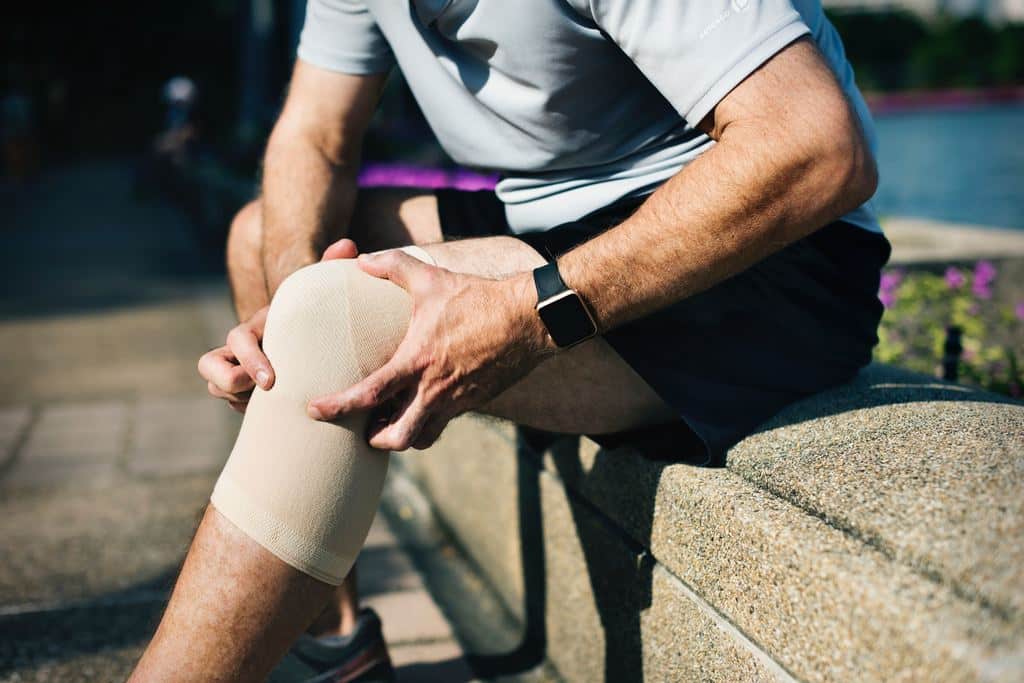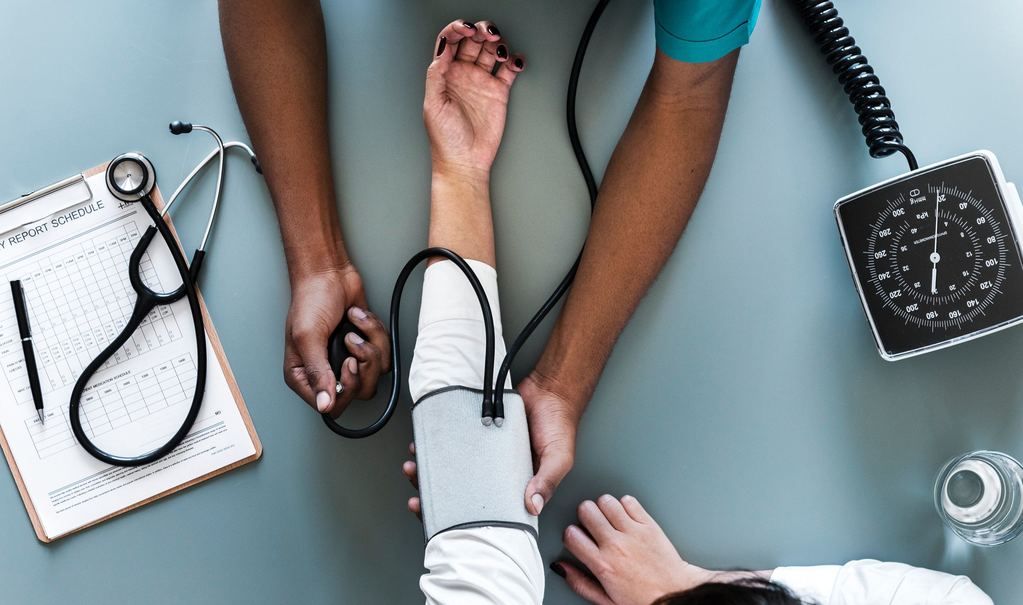- You are here:
- Home »
- research »
- Gratitude Isn’t Just Good for Your Mind, It Also Changes Your Body: Here’s How

Gratitude Isn’t Just Good for Your Mind, It Also Changes Your Body: Here’s How
Gratitude is amazing. It helps us understand why difficult things have happened in the past, to help shape us and allow us to grow stronger. Gratitude also creates peace when we practice it in the present moment, by bringing us into the now. It even gives us a reason to strive toward a better future by building confidence that we have the power1 to change outcomes. Its benefits for our mental health are well documented, but did you know that gratitude can also profoundly affect your physical health?
This single positive emotion can help reduce stress and depression, combat heart disease, reduce inflammatory markers in the body, foster better relationships, and help us achieve our goals – so how do we develop more of it?3 of gratitude are all well documented.
Here are just a few things that this practice can do to make us healthier:
Gratitude Creates a Stronger Immune System 
Try giving gratitude for all the other things that boost immunity too, like good gut health, your liver and kidneys, and even your skin. Studies show that our bodies respond to positive emotion, down to the cellular level5.
Gratitude Lessens Physical Pain
If you experience chronic pain, look for the hidden message of your ailment. What is it asking you to be more grateful for?
Gratitude Reduces Blood Pressure
Stress and blood pressure are tightly linked, so why not lower your stress by thinking of one thing that makes your day worth living, right now?
Gratitude Can Help Us Get Better, More Restful Sleep
In one study people who got a poor night’s sleep were less grateful after listing five things in life that they could appreciate compared to people who slept well the night before.
In another study, participants recorded their feelings of gratitude and their sleep habits for two weeks. People who slept poorly or didn’t get ample sleep reported feeling more selfish on days following bad sleep.
Moreover, when we feel grateful we can usually fall asleep easier, as we are more relaxed when we think of things that make our lives better or inspires us. So we create a physical feedback loop with gratitude that both inspires and results in better sleep.
Gratitude Positively Affects our Neural Network
Did you know that gratitude even changes your brain? By choosing to be grateful instead of resentful, researchers found profound changes in the left dorsal anterior singulate cortex, the amygdala, and the right dorsomedial prefrontal cortex.
Functional connectivity (FC)11 analysis conducted to identify the modulatory effects of gratitude on the default mode, emotion, and reward-motivation networks in one study showed that our brains are significantly different during a gratitude intervention than during feelings of resentment.
Gratitude Helps Us stick to a Work-Out Regime and Lose Weight 
We can also express gratitude for the positive changes that diet and exercise result in, creating a positive mental habit13 that drives us to do these things again.
Gratitude is Life Changing
References:
- Cohn, M. et al (2009, June) US National Library of Medicine National Institutes of Health. Happiness Unpacked: Positive Emotions Increase Life Satisfaction by Building Resilience. https://www.ncbi.nlm.nih.gov/pmc/articles/PMC3126102/
- Boost Your Health With a Dose of Gratitude. (n.d.). Retrieved from https://www.webmd.com/women/features/gratitute-health-boost#1[/note}
The physical benefits2H, H. Happier Human. The 31 Benefits of Gratitude You Didn’t Know About: How Gratitude Can Change Your Life. http://happierhuman.com/benefits-of-gratitude/
- Danner, D.D., et al (2001) University of Kentucky. Positive Emotions in Early Life and Longetivity Findings from the Nun Study. https://pdfs.semanticscholar.org/b5f8/0a4a8e8130f2cadf49732953405a03fae66e.pdf
- Puglia, M.H., et al (2015, March 17). Epigenetic modification of the oxytocin receptor gene influences the perception of anger and fear in the human brain. http://www.pnas.org/content/112/11/3308
- Morin, A. (2015, April 3). Psychology Today. 7 Scientifically Proven Benefits of Gratitude. https://www.psychologytoday.com/us/blog/what-mentally-strong-people-dont-do/201504/7-scientifically-proven-benefits-gratitude
- Health Skills. Gratitude when you’re in pain? You’ve got to be kidding. https://healthskills.wordpress.com/2012/01/11/gratitude-when-youre-in-pain-youve-got-to-be-kidding/
- Esteve, R., López-Martínez, A. E., Peters, M. L., Serrano-Ibáñez, E. R., Ruiz-Párraga, G. T., & Ramírez-Maestre, C. (2018). Optimism, Positive and Negative Affect, and Goal Adjustment Strategies: Their Relationship to Activity Patterns in Patients with Chronic Musculoskeletal Pain. Pain Research and Management, 2018, 1-12. doi:10.1155/2018/6291719
- Jackowska, M. et al (2016, October)The impact of a brief gratitude intervention on subjective well-being, biology and sleep
- Society for Personality. http://www.spsp.org/?Gratitude_PR_19Jan13
- Sunghyon, K. (2017, July 11). Effects of gratitude meditation on neural network functional connectivity and brain-heart coupling. https://www.ncbi.nlm.nih.gov/pmc/articles/PMC5506019/
- Clark, S. (2017, Apri 25). Hufftington Post. 7 Reasons Gratitude Can Help You With Weight Loss. https://www.huffingtonpost.com/entry/7-reasons-gratitude-can-help-you-with-weight-loss_us_58fee8a8e4b047ce3ee27b93
- Selig, M. (2015, June 4). Psychology Today. To Change a Hurtful Mental Habit, Make “the 4 Decisions”. https://www.psychologytoday.com/us/blog/changepower/201506/change-hurtful-mental-habit-make-the-4-decisions

